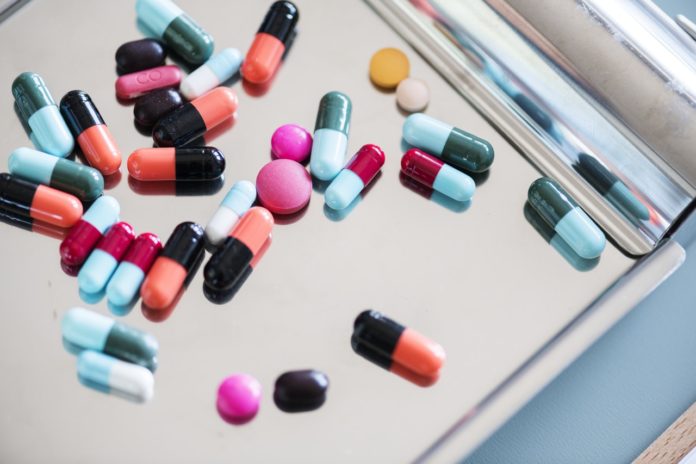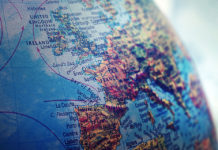Sometimes, there are things you wish you knew more about. For, example, who invented the metric system? The stapler? Hairdryers? All these things were invented by French people! Here are 10 things you didn’t know were invented by French people.
It’s always good to have some stories or anecdotes to share during evenings with friends, isn’t it?
Things That Were Invented by French People
Braille (Louis Braille)
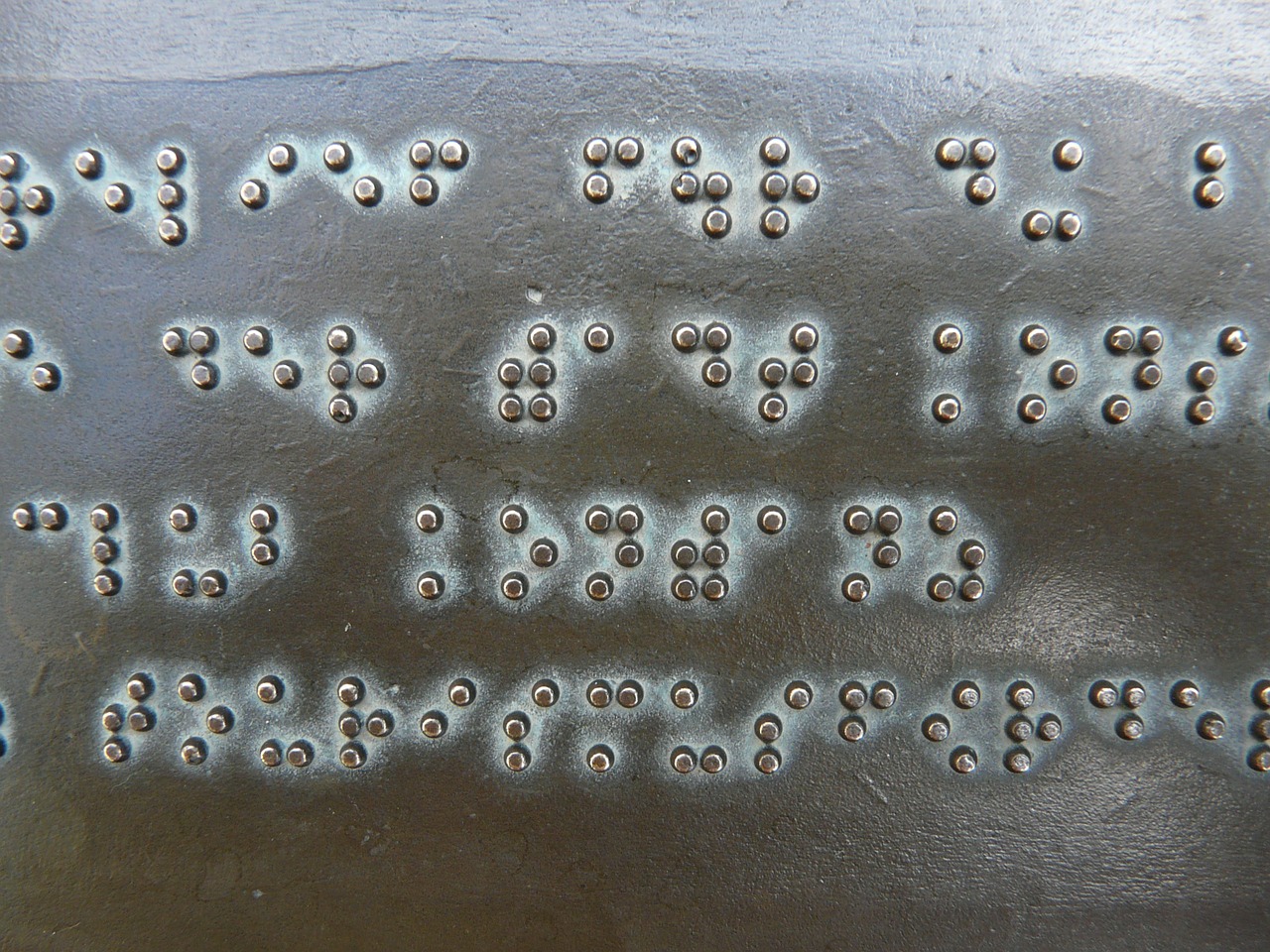
The first braille system was developed by Charles Barbier to create a military code that Napoleon’s soldiers could use at night without turning on a light. Unfortunately, it was too hard for the soldiers to recognize the touch so it was dismissed. Barbier met Louis Braille at the Royal Institute for the Blind in Paris, and Brailler was able to modify the code and simplify it so blind people could use it.
Hot air balloons (Joseph-Michel and Jacques-Étienne Montgolfier)

The two brothers Joseph-Michel and Jacques-Étienne Montgolfier (hence the French name Montgolfière) were the ones who developed this mode of transportation. They first demonstrated an unmanned 10-minute flight, and then one with animals. Finally, they tried with a human in 1783. Before becoming a fun, touristic mode of transportation, it was used in the battle of Fleurus in 1794 for observations.
Canning (Nicolas Appert)
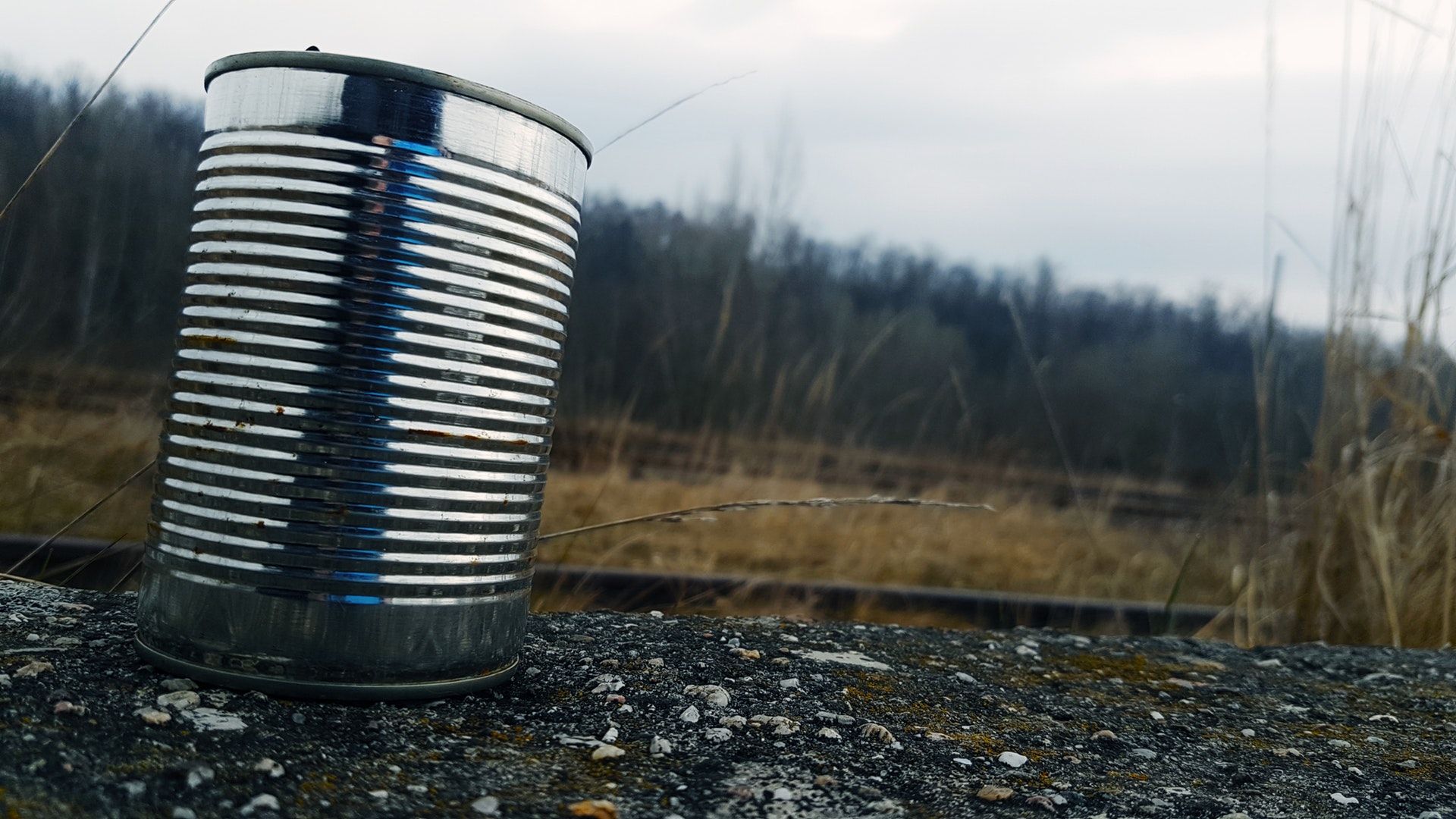
Canning was invented during the Napoleonic wars in order to preserve food for a long period of time. The French government asked the population to invent a way to store food so it would stay fresh longer and would award 12,000 francs to whoever had the best method. Nicolas Appert who was a confectioner and brewer realized that when food and drinks were stored in glass jars and were properly sealed, the food stayed good.
Sewing machine (Barthélemy Thimonnier)

Ok, so the first real real sewing machine was invented by a German (Charles Fredrick Wiesenthal). But the first practical and widely used on was invented by the French tailor Barthélemy Thimonnier. The patent was issued in 1830 but after opening a clothing manufacturing company (the first in the world) to make war uniforms, the factory burned down. Apparently, it burned down because the workers were scared of losing their job.
Stethoscope (René Laennec)

The stethoscope was first made in wood and was invented by René Laennec because he didn’t feel comfortable listening to a woman’s heart by having his ear pressed on her chest. He noticed that he put a piece of paper with one end on the person’s chest and the other on his ear, the sounds were amplified. He loosely modelled his stethoscope on an ‘ear trumpet’, a tool to help people with hearing problems hear better.
Hair dryer (Alexander Godefroy)

It was a hair stylist, Alexander Godefroy, that invented the hair dryer in 1890. The first hair dryer was not portable nor small. It consisted of a chair contraption, with a bonnet attached to the chair and the bonnet was also attached to a chimney pipe or a gas stove. The hair dryer was later patented by an Armenian American inventor Gabriel Kazanjian in 1911.
Stapler (unknown)
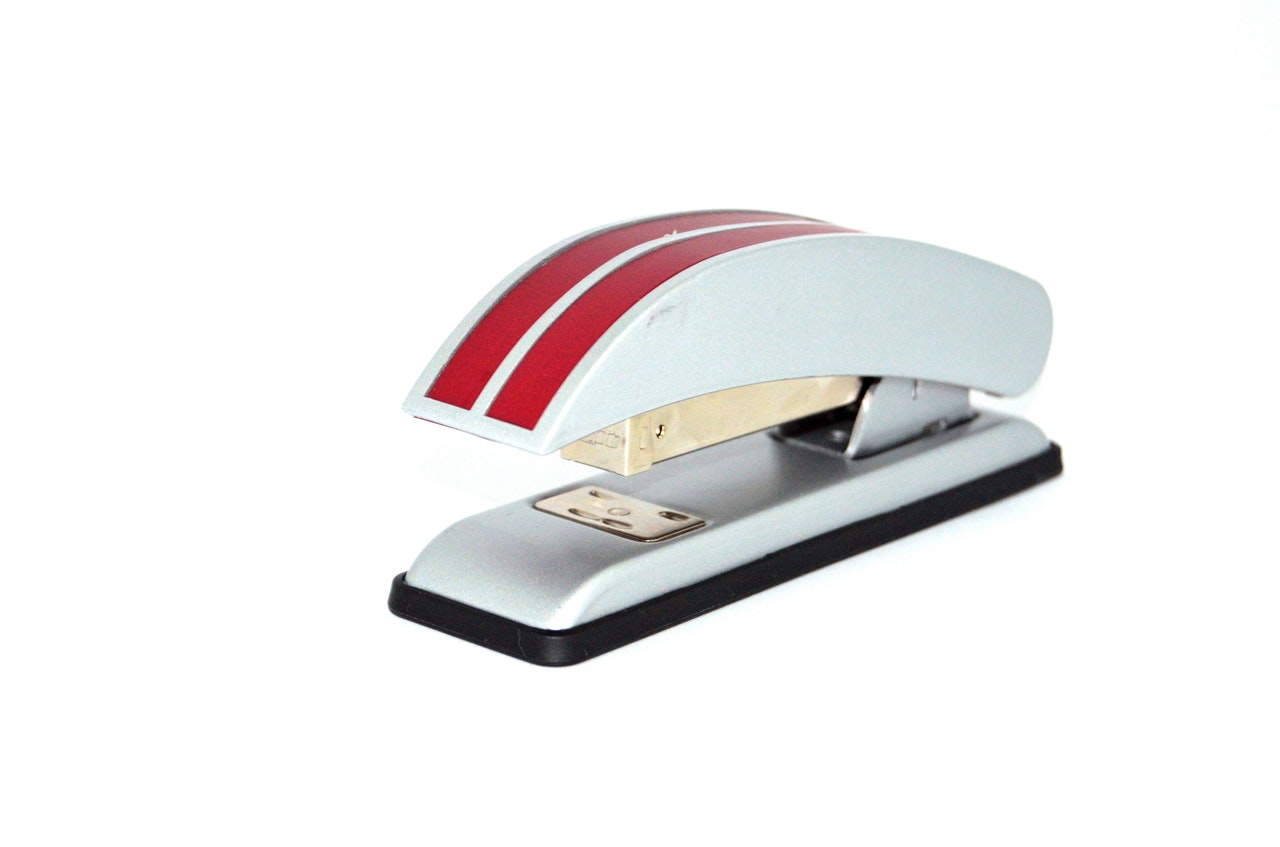
Staples have been used since 1200 C.E. Academics would use ribbon or wax in the upper-left corner to keep pages together. But the more modern staple we know was invented by an inventor in France for the King Louis the XV during the 18th century. It was invented because paper was being used more and more so people needed a way to keep their papers neat.
Mayonnaise (unknown chef)

Can we say that many food classics were invented by French people? It is said that mayonnaise was invented by the Duke of Richelieu’s chef when they conquered the Port of Mahon located on the Spanish island of Minorca. To celebrate the defeat of the Spanish, the Duke ordered his chef to make a huge banquet but the chef could not find enough cream to make his sauce so he used eggs and oil instead to create mayonnaise.
Aspirin (Charles Frederic Gerhardt)
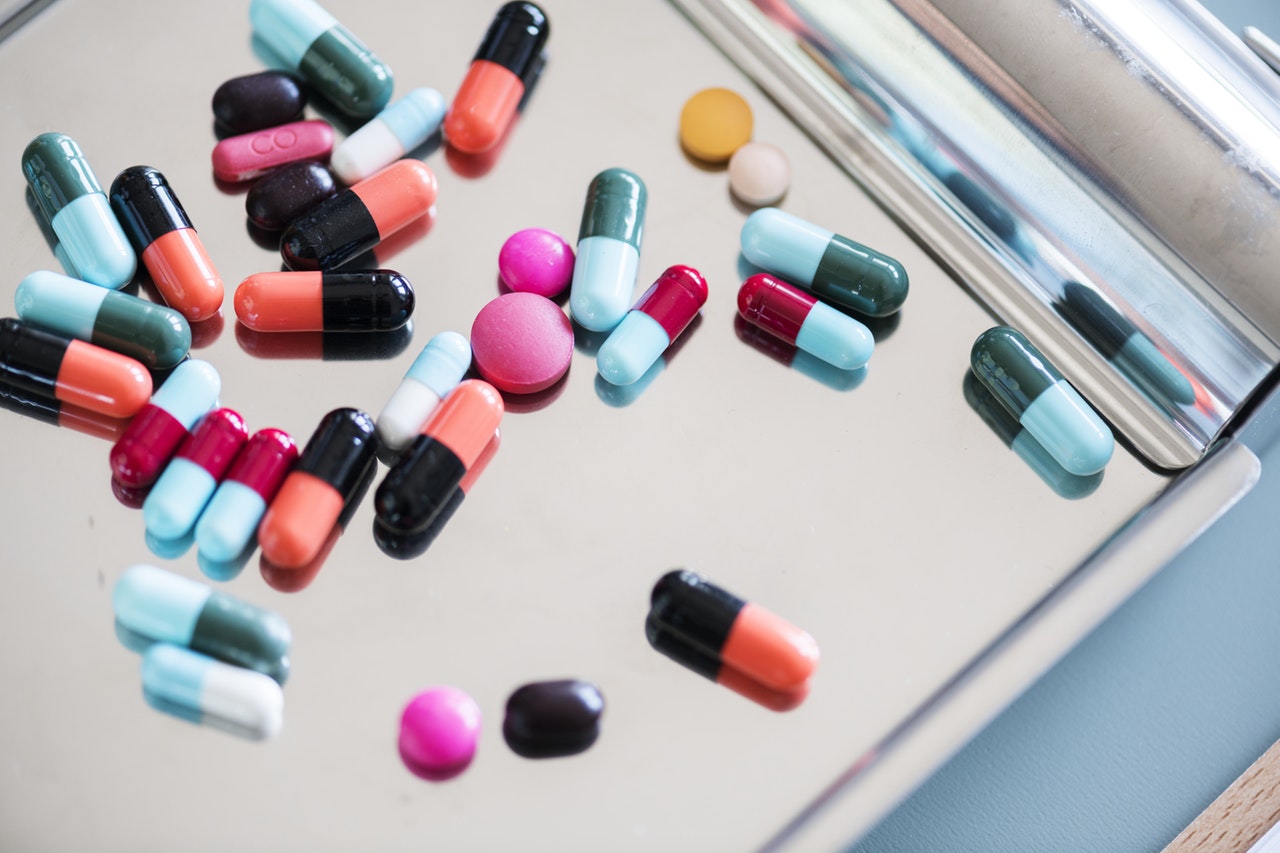
Before aspirin, people used willow tree leaves to relieve pain but in 1853, the French chemist Charles Frederic Gerhardt mixed sodium salicylate with acetyl chloride and created acetylsalicylic acid (aspirin). Once the mixture was shared, other chemists found a more efficient way to create it. It soon became world-wide when Bayer (a German pharmaceutical company) named it aspirin in 1899.
Pasteurization (Louis Pasteur)

The scientist Louis Pasteur invented this very important invention in 1864 since the urban cities were getting more and more populated so it wasn’t everyone who had access to fresh cow milk. Pasteurization was discovered because Pasteur heated up beer and wine and discovered that when you did that, all the bacteria that normally cause spoilage was killed. The beverages were able to be kept longer and not turn sour.
Do you know other things that were invented by French people?
Source: leapfrogging.com, interestingengineering.com

